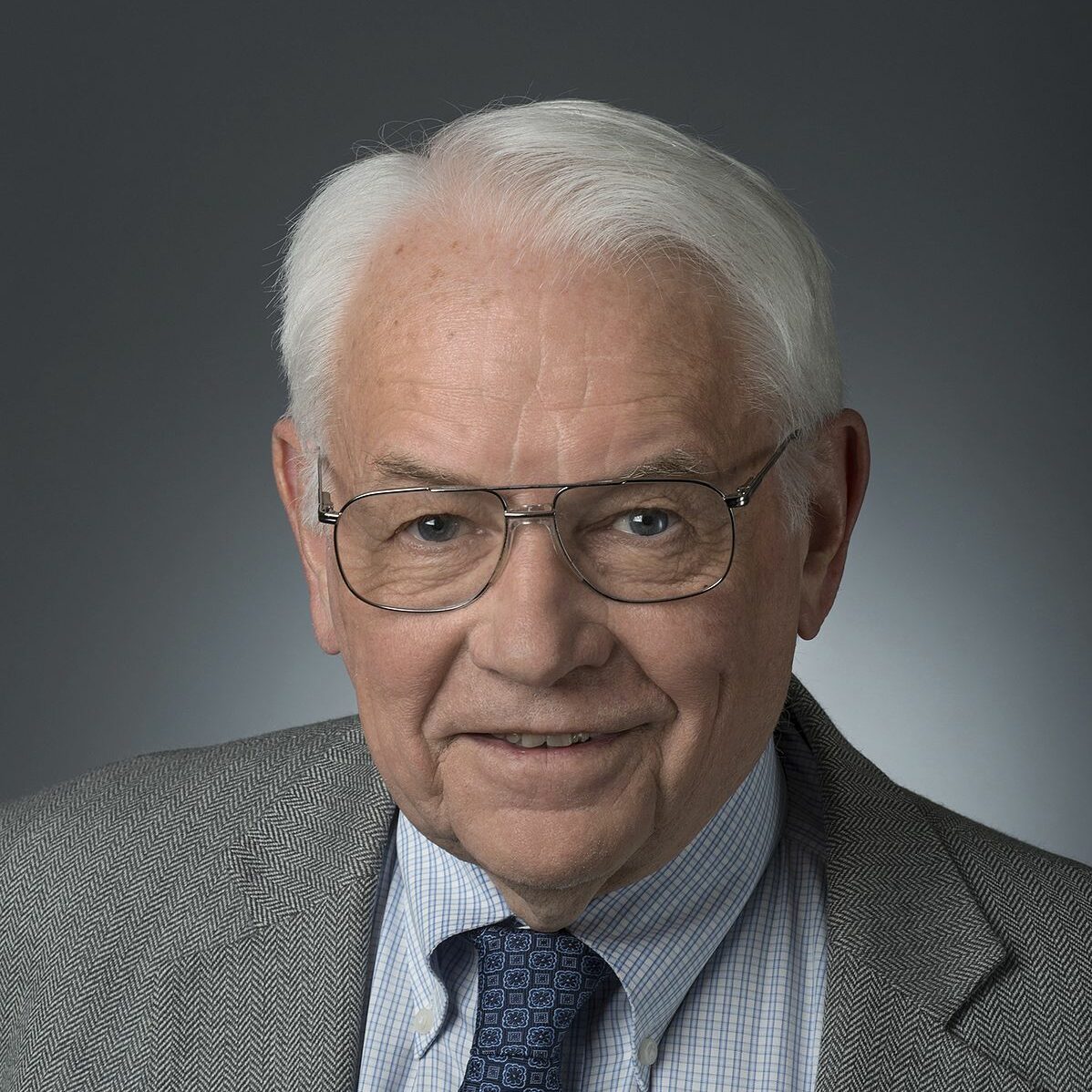The Association’s Teaching Division, explicitly representing history teachers from various levels, continues with the 1997 AHA annual meeting in New York to encourage a wide range of sessions for historians concerned with issues in the classroom. Contributions in this vein from members and affiliated societies make the task increasingly easy. Relevant sessions cosponsored by the Teaching Division at the New York meeting include Session 2: “Encouraging Active Learning” (p. 70 of the annual meeting Program); Session 45: “Bringing the World History Scholarship into the Classroom and Lecture Hall” (p. 85); Session 52: “The Teaching and Learning of History as Epistemic Acts” (p. 89); Session 53: “Teaching the History of the United States between the Wars” (p. 90); Poster Sessions (p. 97); Session 76: “Bringing the Vietnam War into the Classroom” (p. 100); Session 77: “Imagination and History” (p. 100); Session 129: “Teaching, Writing, and History “(p. 122).
A number of other sessions deal directly with pedagogical issues, while several other unnumbered sessions sponsored by affiliated societies, as well as numerous luncheon meetings and receptions, also deal with history teaching (for example, the Friday reception for historians from two-year colleges). For a summary of these offerings, including special meetings for various kinds of history teachers, please consult pages 18 and 19 of the annual meeting Program. Finally, virtually all of the annual meeting sessions, even when most directly focused on research findings, have potential classroom implications and raise opportunities for relevant discussion. The Teaching Division continues to welcome the growing attention to teaching historians while maintaining the belief in the mutual reinforcement of classroom and research activities. To encourage K-12 teachers to attend the annual meeting, the Association is offering a special $10 registration fee for precollegiate teachers (evidence of employment is required).



